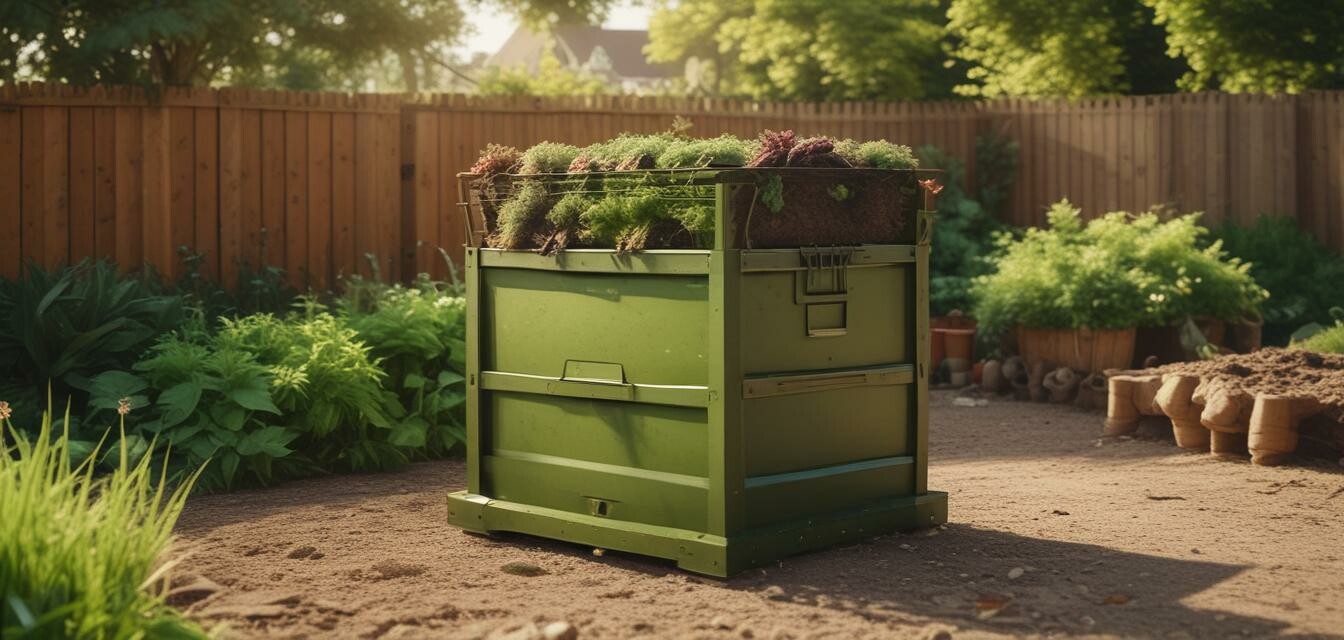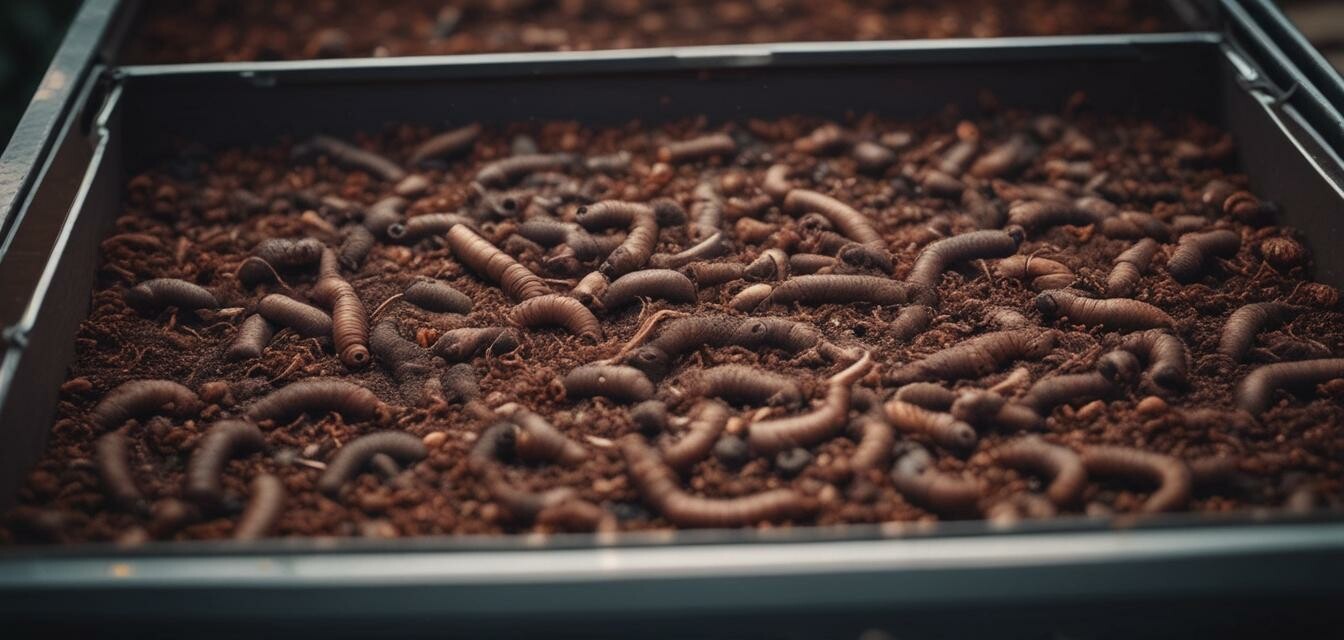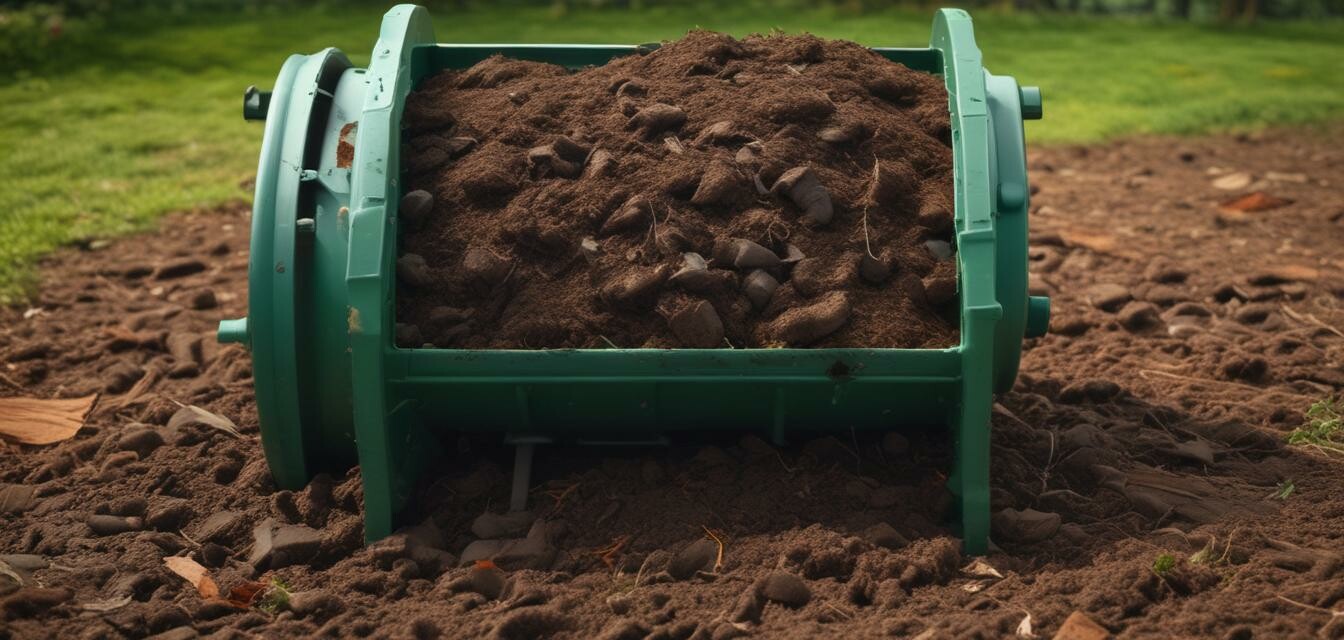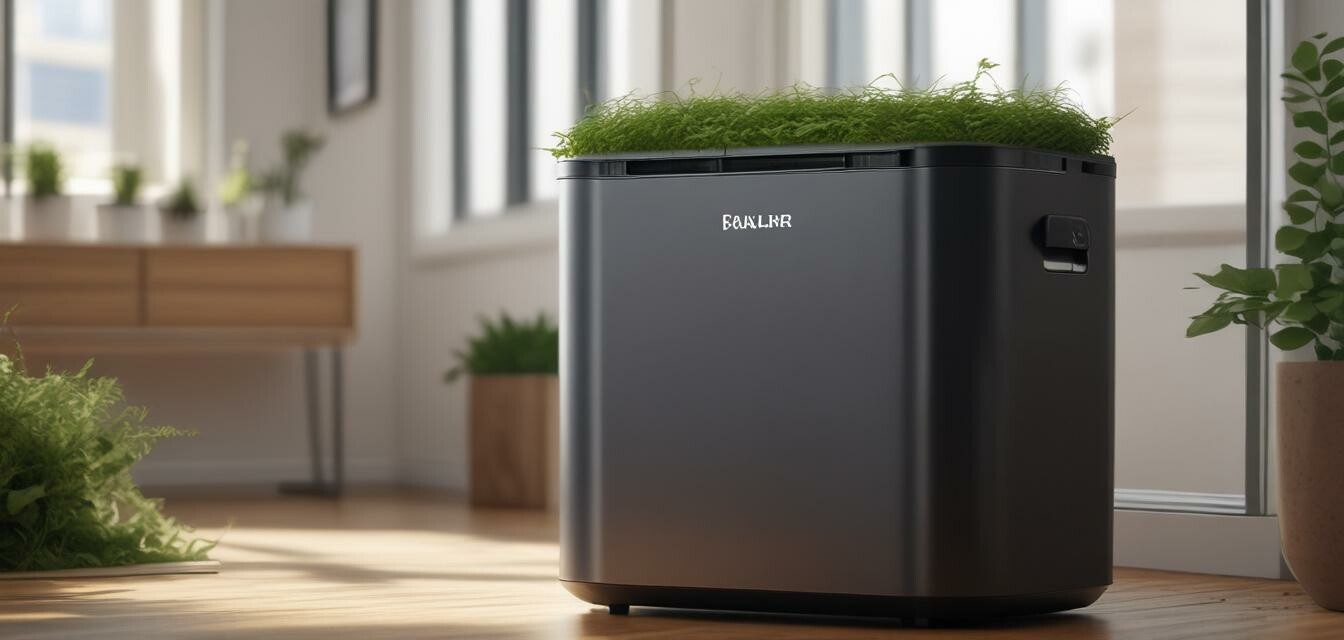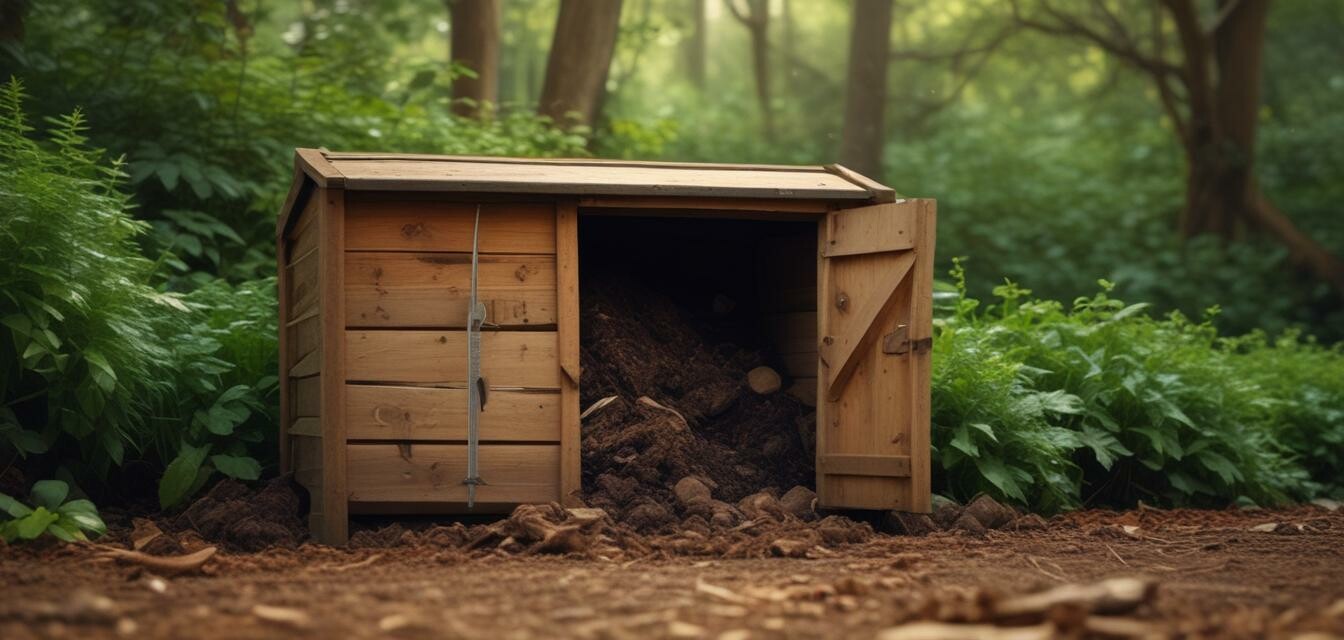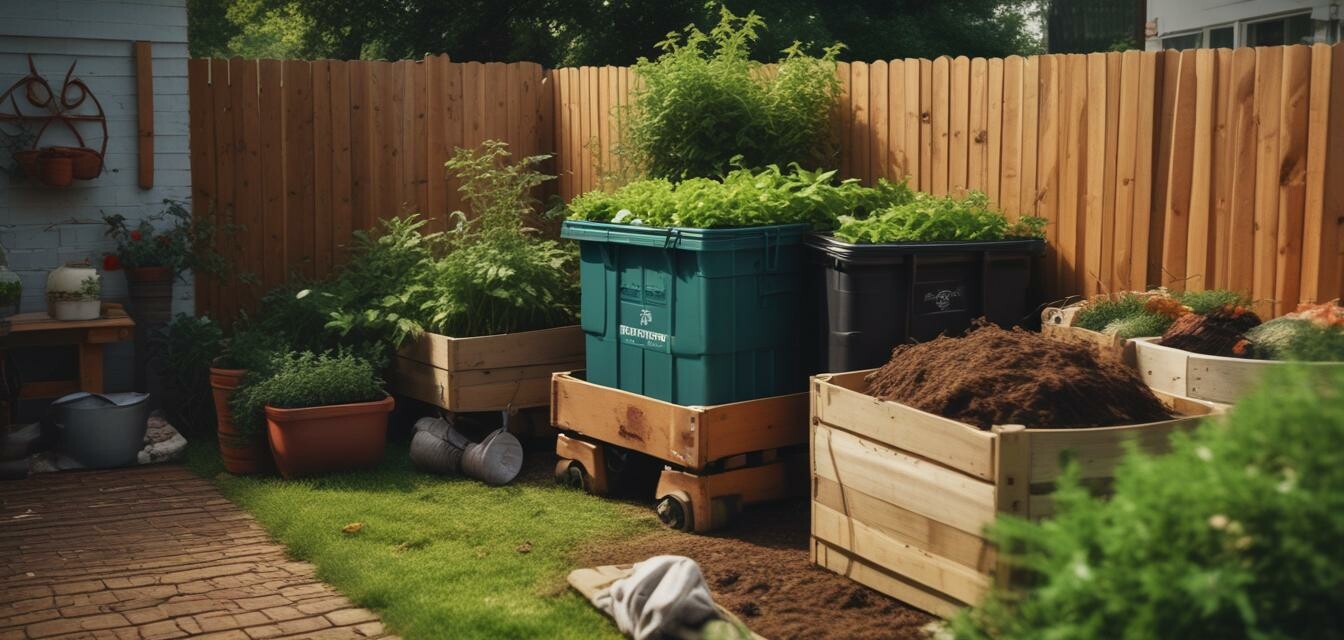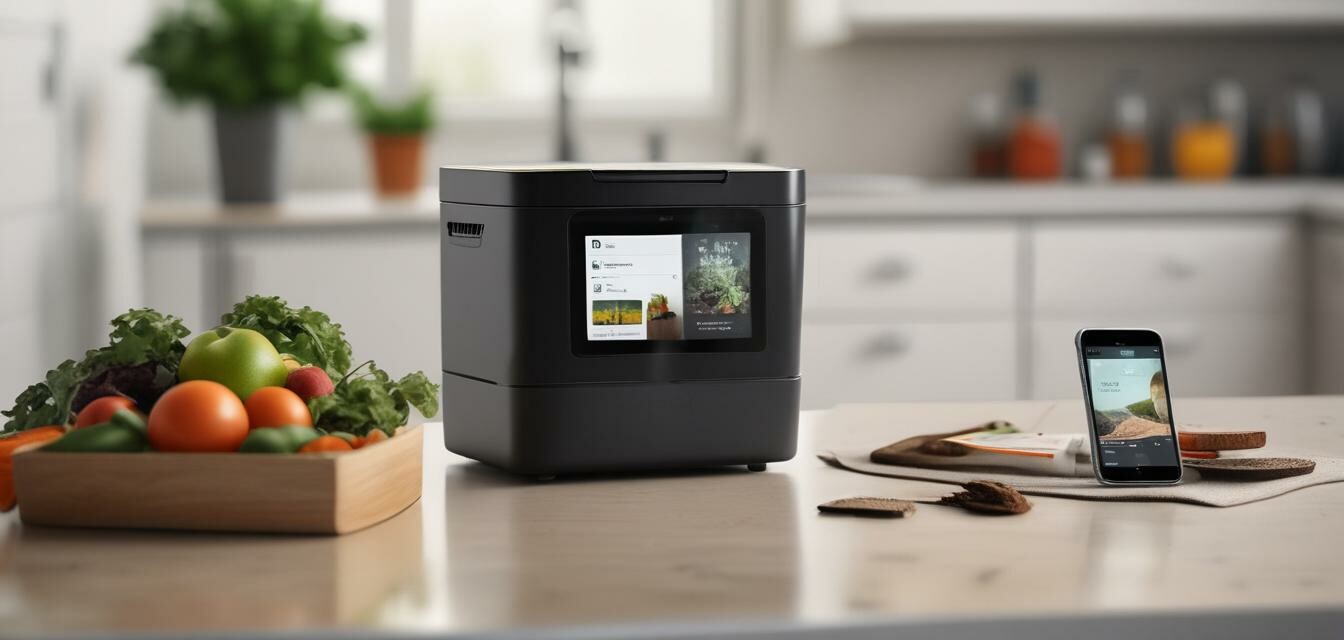
Smart Home Composters
Are you tired of dealing with messy and smelly compost piles? Do you want to make organic waste management easy and efficient? Look no further than smart home composters, the latest technology in composting. These innovative devices use sensors, apps, and automation to make composting a breeze.
Key Takeaways
- Smart home composters use sensors and automation to optimize composting
- They provide real-time monitoring and data analysis
- They offer customizable settings and alerts
- They are easy to use and maintain
What are Smart Home Composters?
Smart home composters are high-tech composting systems that use advanced technology to optimize the composting process. They are designed to make composting easy, efficient, and convenient, even for those who have never composted before.
| Feature | Traditional Composting | Smart Home Composting |
|---|---|---|
| Monitoring | Manual monitoring | Real-time monitoring with sensors |
| Automation | Manual turning and maintenance | Automated turning and maintenance |
| Data Analysis | None | Real-time data analysis and insights |
Benefits of Smart Home Composters
Smart home composters offer a range of benefits, including:
- Easy to use: Smart home composters are designed to be easy to use, even for those who have never composted before.
- Efficient: They optimize the composting process, reducing the time and effort required.
- Customizable: They offer customizable settings and alerts, so you can tailor the composting process to your needs.
- Real-time monitoring: They provide real-time monitoring and data analysis, so you can track the composting process and make adjustments as needed.
How Do Smart Home Composters Work?
Smart home composters use a combination of sensors, automation, and data analysis to optimize the composting process. Here's how they work:
- Sensors monitor the composting process, tracking temperature, moisture, and other factors.
- The data is analyzed in real-time, providing insights and recommendations for optimal composting.
- The system automates tasks such as turning and aerating the compost, ensuring optimal conditions.
- The user receives alerts and notifications, so they can stay on top of the composting process.
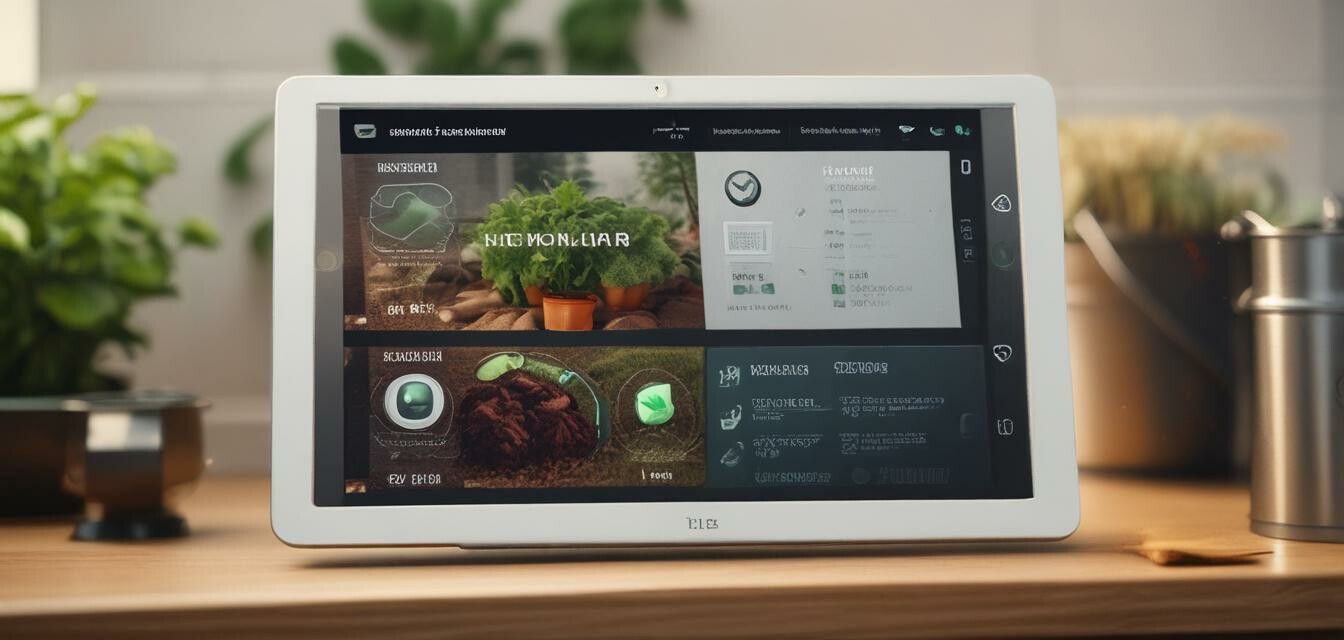
Types of Smart Home Composters
There are several types of smart home composters available, including:
- Compost tumblers with built-in sensors and automation
- Bokashi composting systems with smart monitoring and automation
- Open air composters with smart sensors and data analysis
- Worm composting bins with smart monitoring and automation
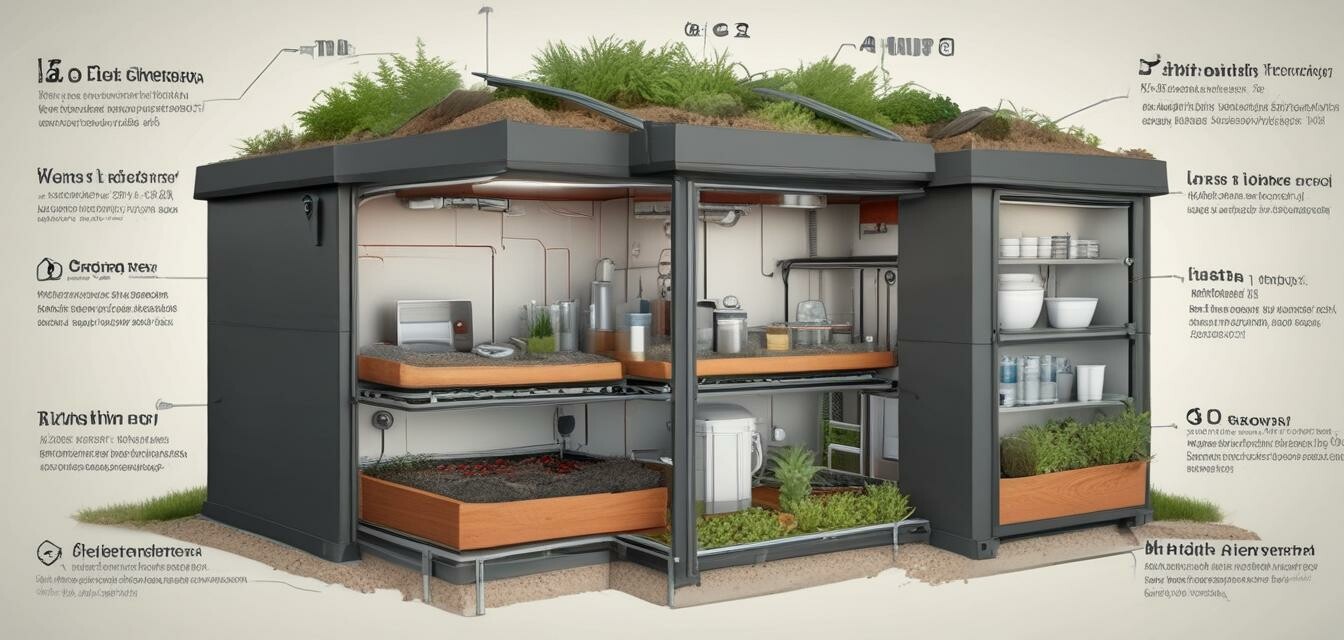
Conclusion
Smart home composters are the latest innovation in composting technology. They offer a range of benefits, including ease of use, efficiency, and customization. With their advanced sensors, automation, and data analysis, they make composting easy and convenient, even for those who have never composted before.
Pros
- Easy to use and maintain
- Efficient and optimized composting process
- Customizable settings and alerts
- Real-time monitoring and data analysis
Cons
- Higher upfront cost
- Dependence on technology and sensors
- Limited availability of certain features
Beginners' Tips
- Start small and gradually increase the amount of waste
- Choose the right type of smart home composter for your needs
- Follow the manufacturer's instructions and guidelines
- Monitor and adjust the composting process regularly
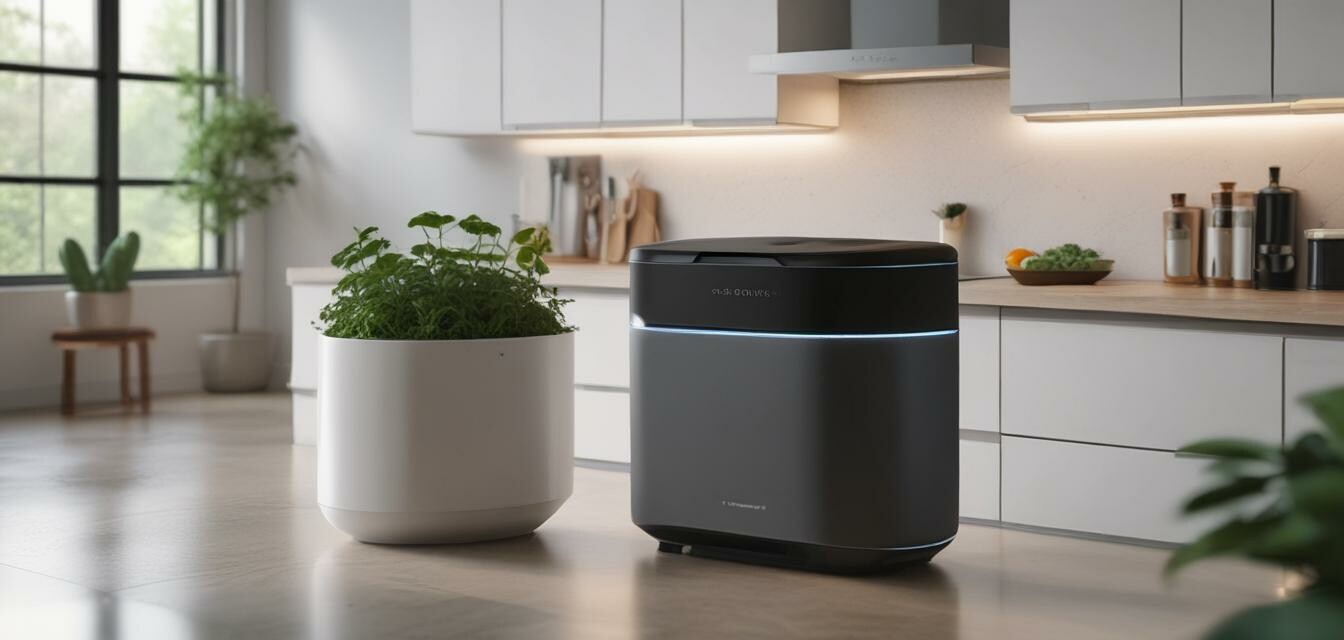
By choosing a smart home composter, you can make organic waste management easy and efficient, while also reducing your environmental impact.
